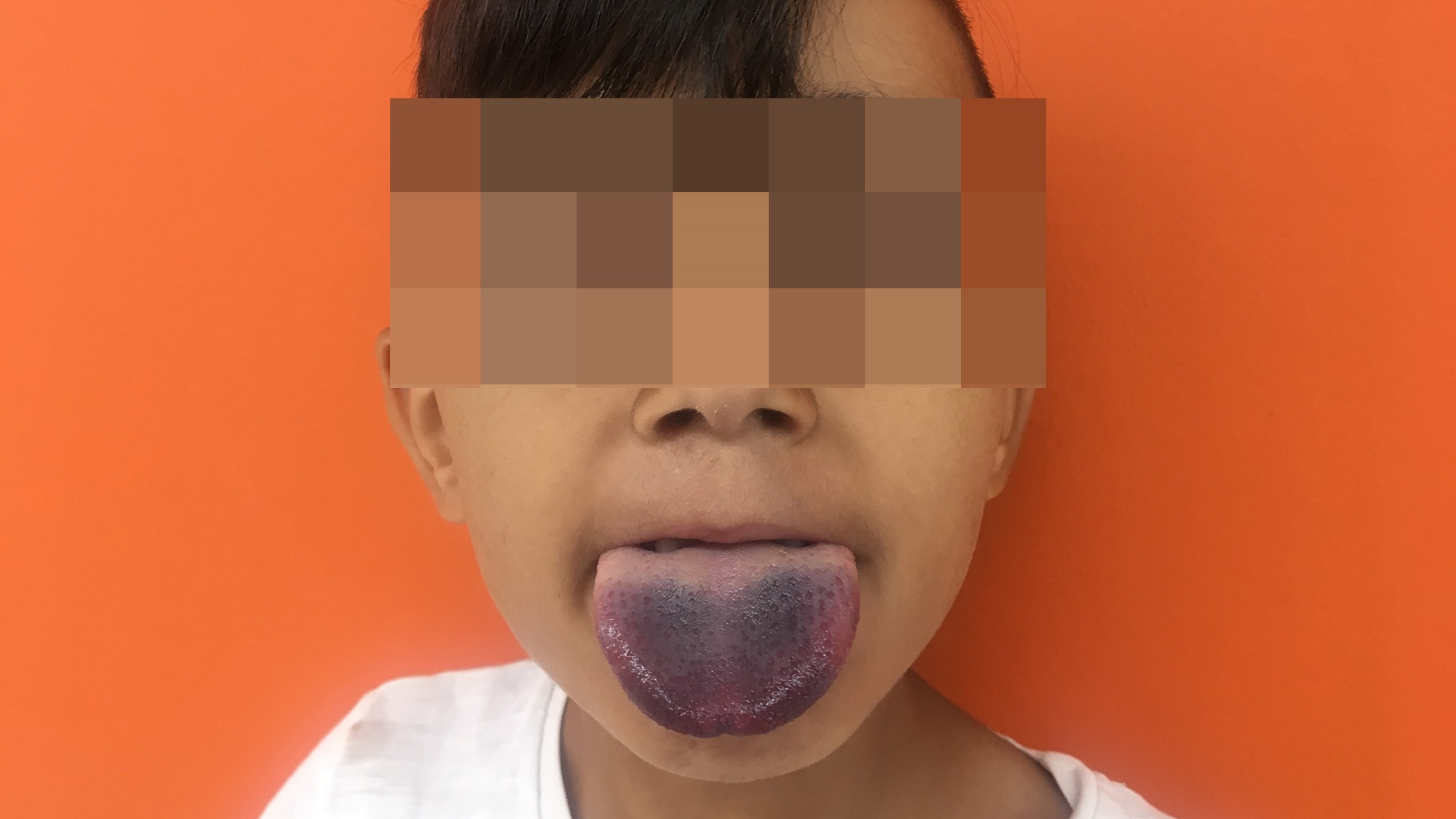Can U Survive Without A Tongue

The inability to speak, taste, or even swallow – these are the immediate concerns that spring to mind when considering the absence of a tongue. But could a person actually survive without this seemingly essential organ? While rare, cases of total glossectomy, the surgical removal of the tongue, offer a glimpse into the surprising resilience of the human body.
This article delves into the medical realities of living without a tongue. It explores the physiological adaptations, the challenges patients face, and the innovative therapies that are helping them regain a semblance of normalcy. The content draws on medical literature, expert opinions, and documented cases to provide a comprehensive understanding of this challenging condition.
The Role of the Tongue
The tongue, a muscular organ covered with taste buds, plays a crucial role in several vital functions. It’s essential for speech articulation, allowing us to form words and communicate effectively. The tongue is also critical for taste perception, enabling us to enjoy and differentiate flavors.
Furthermore, it aids in chewing and swallowing, moving food around the mouth and initiating the swallowing reflex. Disruption to these functions can severely impact a person's quality of life.
Glossectomy: Reasons and Extent
Glossectomy, the surgical removal of the tongue, is primarily performed to treat cancers of the tongue. According to the National Cancer Institute, these cancers often require aggressive treatment, including surgery, radiation, and chemotherapy. The extent of the glossectomy depends on the size and location of the tumor.
A partial glossectomy involves removing only a portion of the tongue, while a total glossectomy involves removing the entire organ. In some cases, the surgery may also involve removing surrounding tissues, such as the floor of the mouth or lymph nodes.
Survival and Adaptation
Survival after a total glossectomy is indeed possible, though it requires significant adjustments and rehabilitation. The body exhibits a remarkable capacity to adapt, albeit with considerable effort from the patient and a dedicated medical team.
The crucial aspect of survival is maintaining adequate nutrition and hydration. This typically involves feeding tubes initially, followed by a gradual transition to liquid and soft foods.
Challenges Faced by Patients
Living without a tongue presents a myriad of challenges. Speech impairment is a major concern, as articulation becomes significantly difficult. Swallowing difficulties (dysphagia) are also common, increasing the risk of choking and aspiration pneumonia.
Taste perception is obviously lost entirely. This can lead to a decreased appetite and difficulty enjoying food. Psychological distress is also a significant factor, as patients may struggle with body image issues, social isolation, and depression.
Speech Rehabilitation
Speech therapy plays a vital role in helping patients regain some form of communication. Therapists employ various techniques to train patients to use other muscles in the mouth and throat to compensate for the missing tongue.
Assistive devices, such as electrolarynxes, can also be used to produce sound and facilitate communication. While speech may never be completely normal, many patients can learn to communicate effectively with practice and dedication.
Swallowing Strategies
Managing dysphagia is crucial for preventing complications. Speech therapists and dietitians work together to develop strategies to facilitate safe swallowing.
These strategies may include modifying food textures, using specific swallowing techniques, and positioning the body properly during meals. In some cases, a feeding tube may be required long-term to ensure adequate nutrition.
Reconstructive Surgery and Prosthetics
Reconstructive surgery can be an option for some patients after a glossectomy. This may involve using tissue flaps from other parts of the body, such as the forearm or thigh, to reconstruct the tongue. While these reconstructions rarely fully restore function, they can improve speech and swallowing.
Another option is the use of a tongue prosthesis. This is a custom-made device that fills the space where the tongue used to be, providing support for the remaining muscles and improving speech and swallowing.
Psychological Support
The emotional impact of losing a tongue should not be underestimated. Counseling and support groups can help patients cope with the psychological challenges of this condition. These resources provide a safe space for patients to share their experiences, connect with others who understand what they are going through, and learn coping mechanisms.
Mental health professionals can also provide individual therapy to address issues such as depression, anxiety, and body image concerns. A holistic approach to care, encompassing both physical and mental well-being, is essential for improving the quality of life for patients after a glossectomy.
The Future of Treatment
Ongoing research is focused on developing new and improved treatments for tongue cancer and improving the outcomes for patients undergoing glossectomy. This includes exploring less invasive surgical techniques, developing more effective chemotherapy and radiation regimens, and creating more advanced reconstructive options.
Researchers are also investigating the potential of regenerative medicine to regrow tongue tissue. While this is still in the early stages of development, it holds promise for the future treatment of tongue cancer and other conditions that result in tongue loss. The American Cancer Society actively funds such research.
Conclusion
While living without a tongue presents significant challenges, survival is indeed possible. Through a combination of surgery, rehabilitation, and psychological support, patients can adapt and maintain a reasonable quality of life. The journey is arduous, requiring resilience, determination, and a strong support system.
Continued advancements in medical technology and research offer hope for even better outcomes in the future. The remarkable ability of the human body to adapt, coupled with the dedication of medical professionals, provides a testament to the strength of the human spirit in the face of adversity. The absence of a tongue, though devastating, does not necessarily equate to the absence of a meaningful life.




:quality(70)/cloudfront-us-east-1.images.arcpublishing.com/910mediagroup/NWDLPVAD3ZMOZCPVOOO3NHERD4.jpg)













